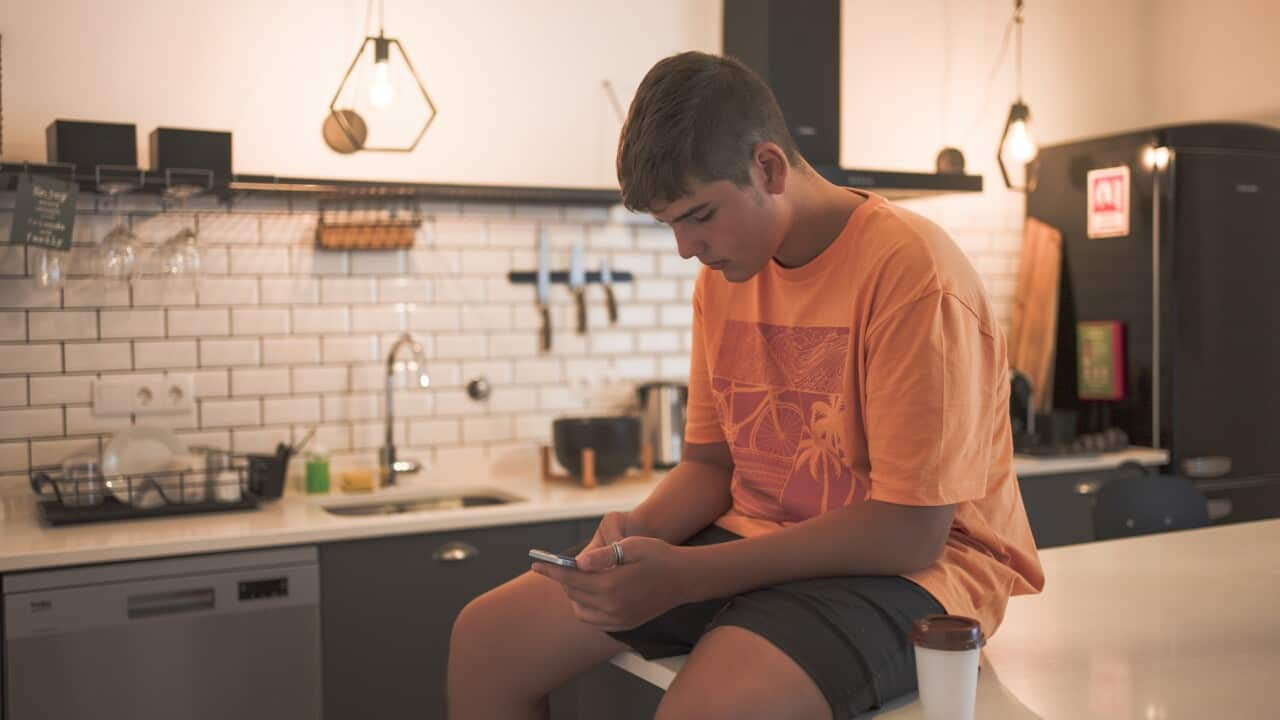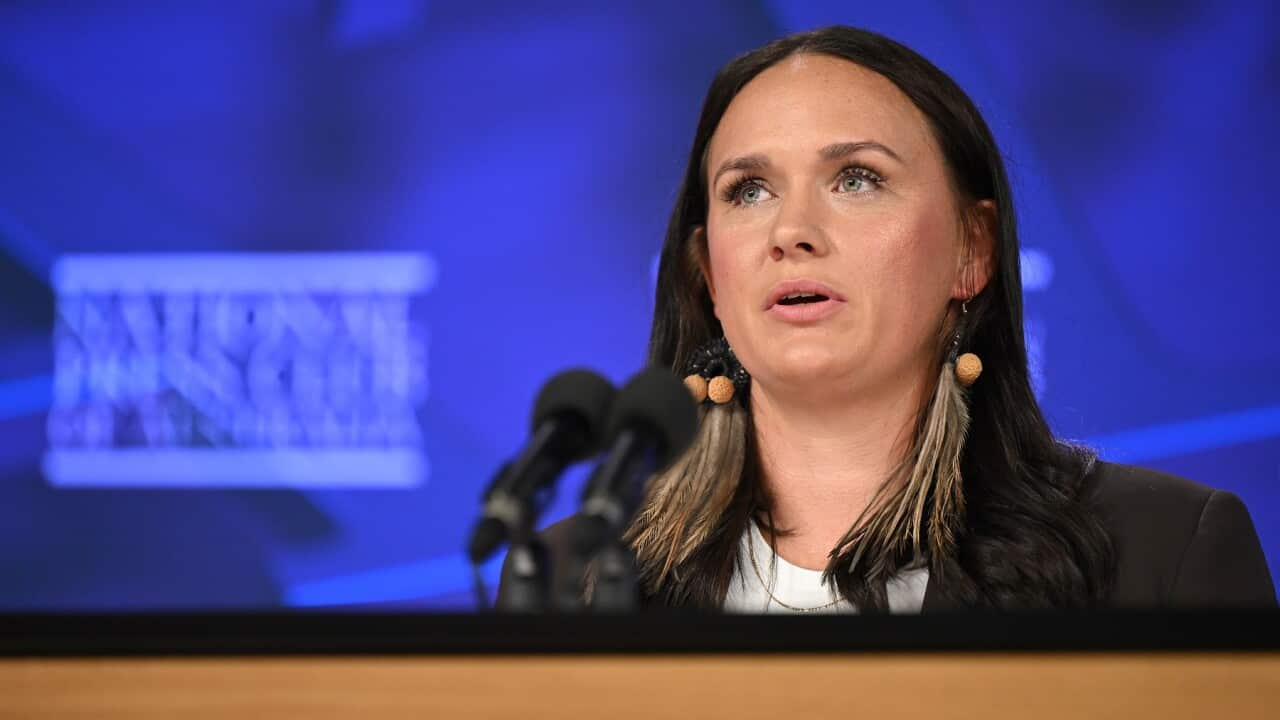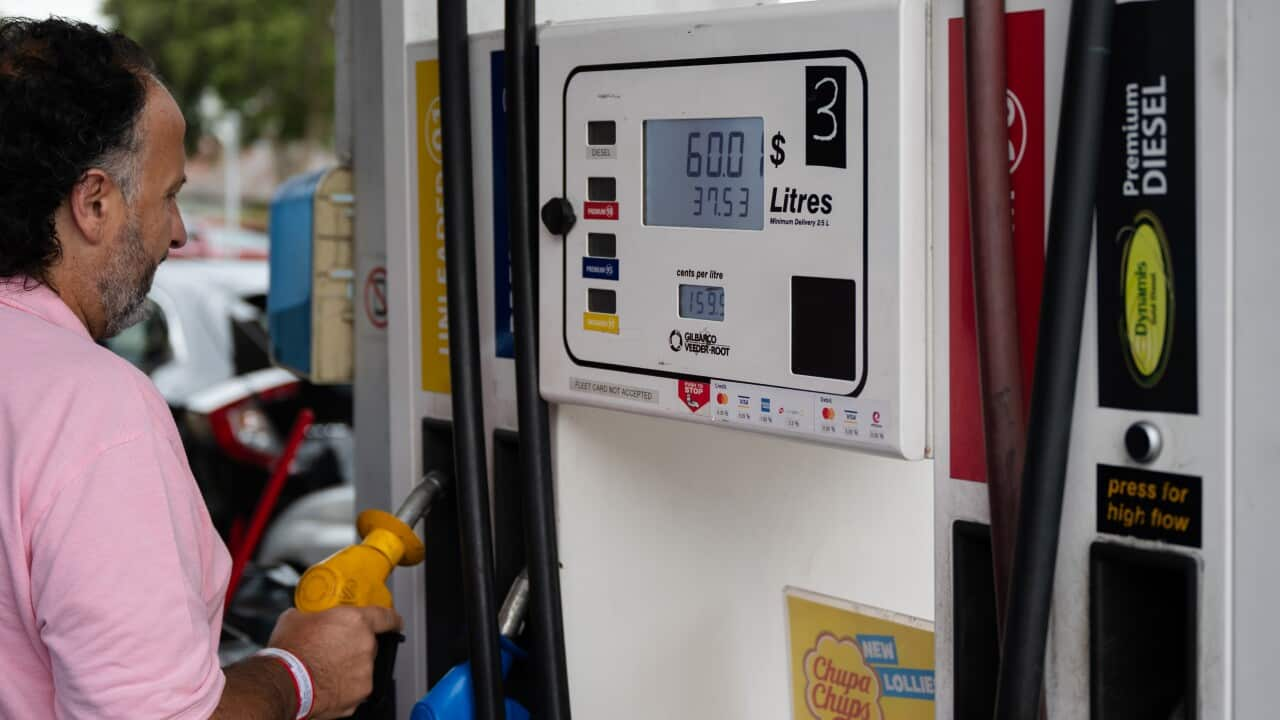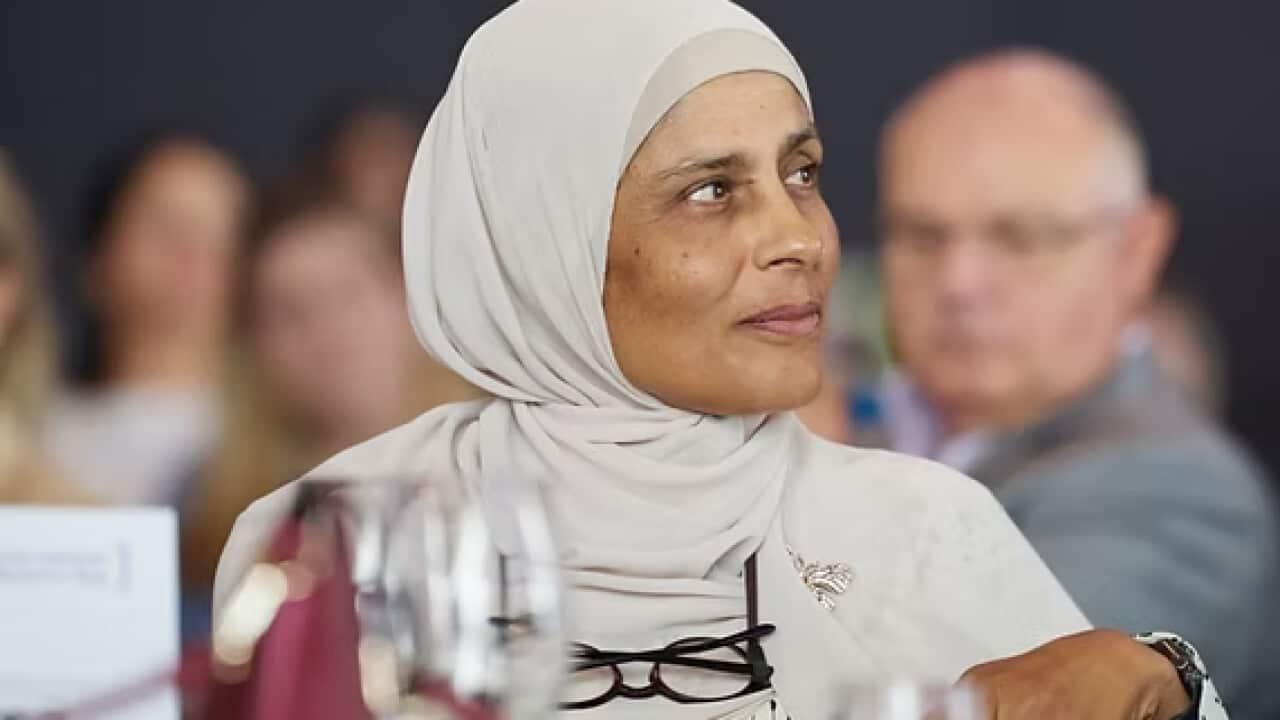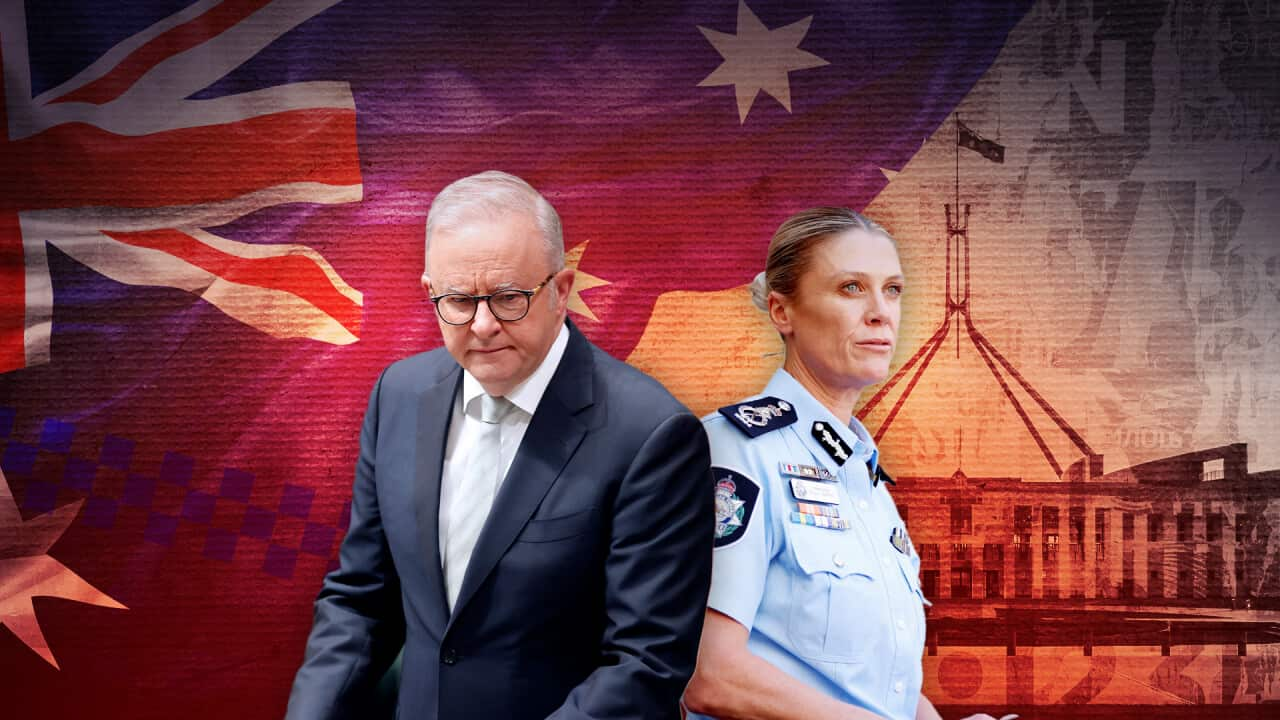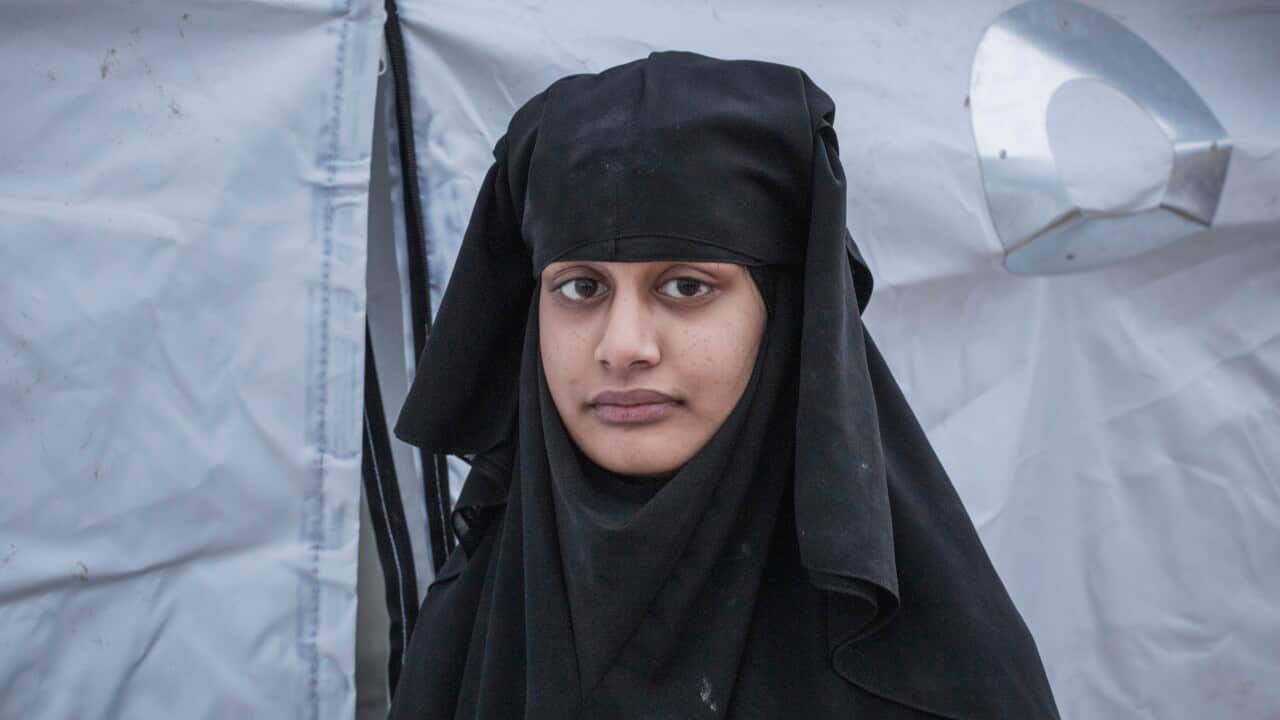Listen to Australian and world news, and follow trending topics with SBS News Podcasts.
TRANSCRIPT
The concept of masculinity has become a global conversation.
In the British TV series Adolescence, the representation of teenage boys and violence sparked concern among parents across the world.
While it's a fictional story, experts say the social pressures young men face are very real.
Chris Hatano is a 17-year old high school student:
"You have to be the top dog every single day, and you can't have a vulnerable, vulnerable day and I feel like it's a bit unrealistic."
Findings from an Australian-first study, the Adolescent Man Box, reveal some boys still hold rigid ideas of masculinity that can negatively impact their wellbeing and behaviour.
Speaking at the National Press Club, Matt Tyler, the Executive Director of the Men’s Project at Jesuit Social Services, paints a concerning picture for those who endorse these views.
"Abuse and violence is a problem for victims. But it is not the victims' problem, Advocates have asked us to face the reality that we will not end men's violence without better understanding why men use violence. And inevitably this must include a focus on boys."
The survey involved 1,400 adolescents of all genders aged 14 to 18.
Based on the four pillars of the Adolescent Man Box study it includes: the constant effort to be manly; emotional restriction; social teasing and hetero sexism and a norm that masculinity is defined to oppose homosexuality and femininity.
Nearly half of boys surveyed said they felt pressure to appear confident and seem strong at all times.
Almost half believed being thought of as gay made them seem like less of a man.
More than half watched pornography and many of those who held rigid views on masculinity have seen harm against women in adults' films.
Matt Tyler says making digital environments safer and equipping parents with better resources, are key recommendations being made to the federal government.
He says social media platforms are interested in profits, not in being a safe place.
"For instance, studies by A Global Witness and also separately by University College, London focused on TikTok, found young people are being served up a reinforcing loop of sexualised, misogynistic, violent and racist content. This is dopaminic capitalism at the extreme with profit at its core. We would not tolerate this level of harm with any other product. There's a need for better regulation, greater transparency, the ability for users to opt out and reset the algorithm and warning messages to disrupt harmful content or compulsive use."
While a minority of adolescent boys held stronger masculinity views, they were found to have experienced less positive outcomes.
Almost half said no one knows them well.
More than a quarter said they had been physically hurt in the past month.
And if a man is violent to his partner, they said they may have deserved it or did something to provoke it.
The report recommends early intervention work to prevent violence and the establishment of more services for young people who have experienced harm or ongoing abuse.
Professor Kate Fitz-gibbon from the Faculty of Business and Economics at Monash University is an international research leader in the area of domestic and family violence.
"We have to upskill adolescent boys. We have to challenge the underlying cultures that are prohibiting vulnerability. We also need to develop resources that can promote help-seeking in the offline and online environments in which adolescents spend their time."
The report highlights optimism; the majority of boys said they felt uncomfortable seeing verbal or physical harassment of women and were bothered by sexist jokes.
While they supported gender equality in concept, many still believe they have it harder than girls.
"You won't find the words toxic masculinity in that research, that's deliberate. As part of our work in schools, we don't use that language, it does put boys on the back foot. If we're going to make progress, , we've got to talk about the strengths, we've got to connect with where boys are at."
The report proposes a five-year National Action Plan and establishing a federal minister for children, to ensure the next generation grows up in a safe and respectful environment.
